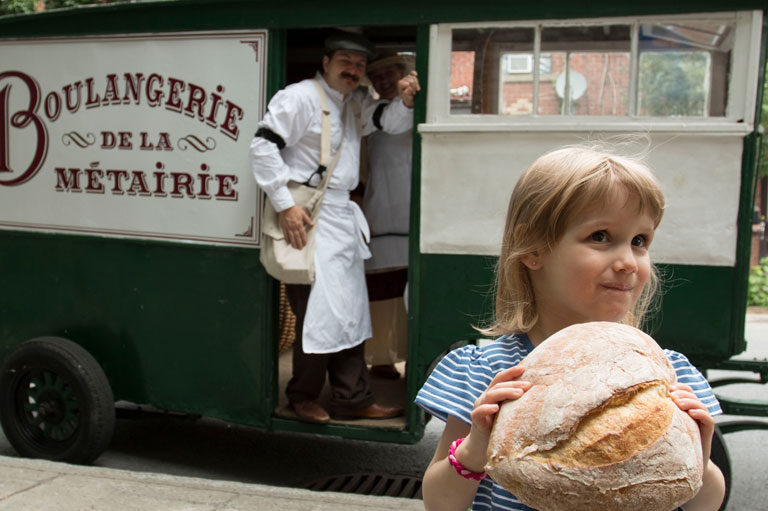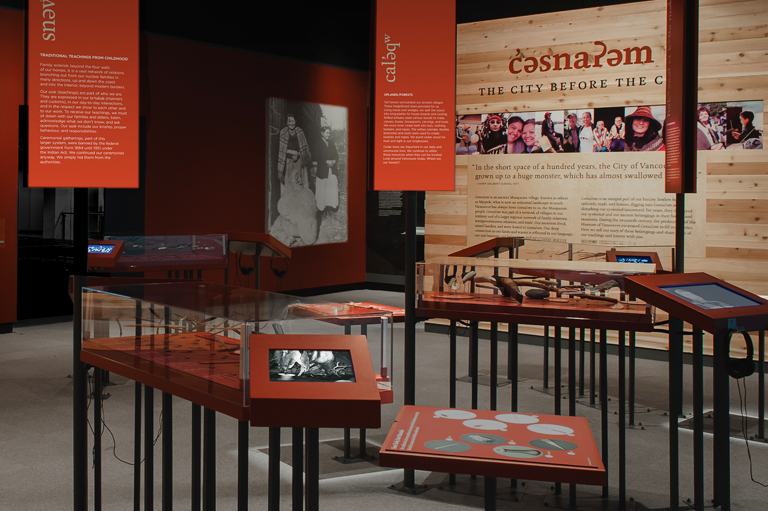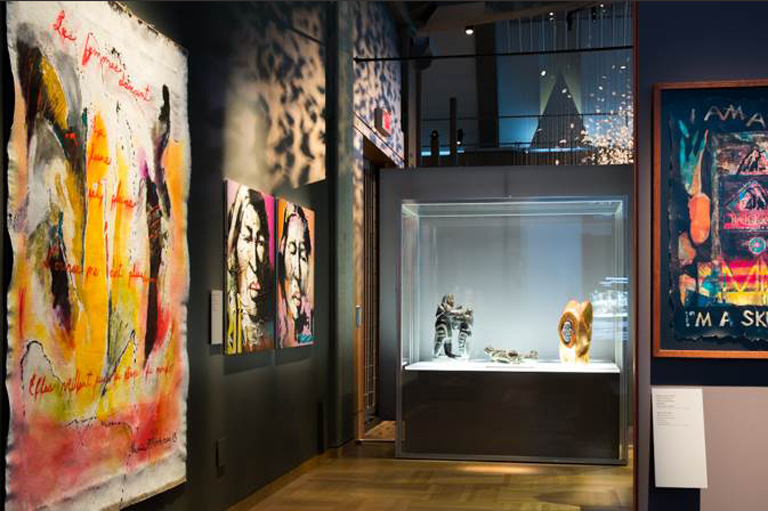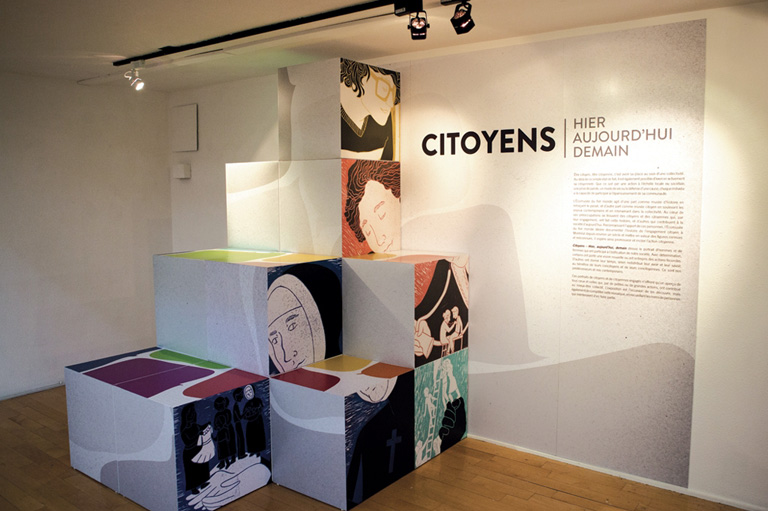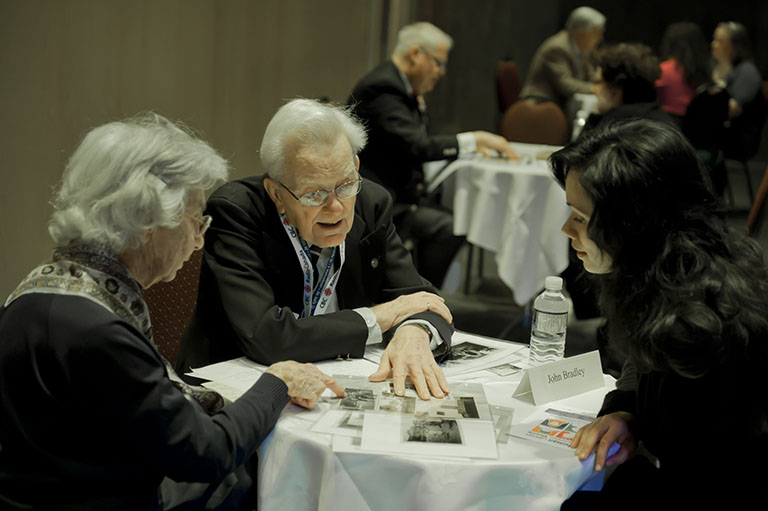Montréal Science Centre
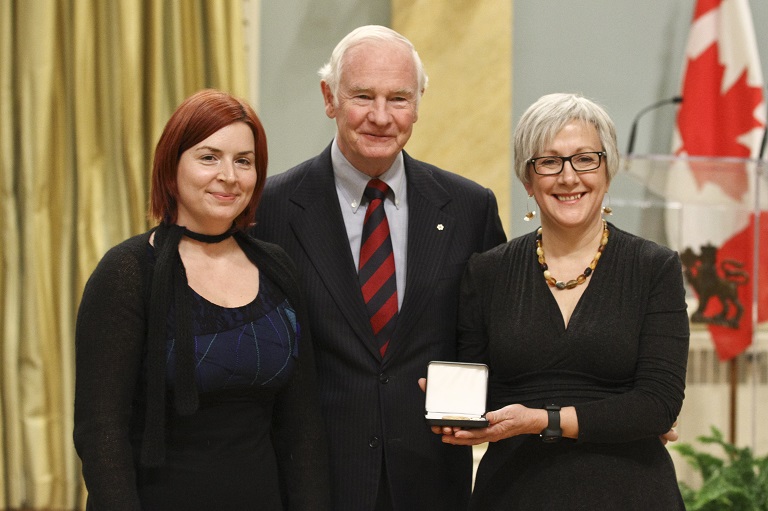
Montreal (Quebec)
This excellent project linked historical scholarship to personal memory and creative design in a uniquely interactive format. In order to explore the effects of the Second World War on Montreal, the project makers mobilized people, communities, and relevant experts to help re-envisage a lively, vital, but largely unknown local history. They then created nine fictionalized archetypes, their characters and experiences informed by real events.
Their stories helped to immerse users in the city’s fascinating wartime past. The resulting multimedia experience was vibrant, effective, and — a word perhaps too seldom used in descriptions of cultural products — fun! Branle-bas de combat! (Action Stations!) avoided the pitfalls of many, perhaps most, first-person interpretive narratives. Flexible, non-repetitive, and closely linked to a broader context, it tracked people, but also revealed important turning points and central themes (civil society, for example, or naval construction).
The project mixed still and moving images, personal history, sound, and period documents while remaining fluid and contemporary in look, feel, and sound. It spoke to important aspects of historiography — a general lack of knowledge regarding the home front, for instance — while remaining highly accessible.
Branle-bas de combat! can, and should, inspire other communities in similar efforts. Many projects get some of these things right, but few projects get them all. The review committee was therefore uniformly impressed with the breadth, vision, and quality of Branle-bas de combat! and is honoured to reward the Centre des Sciences de Montréal with the inaugural History Alive! Award for 2011.

The Governor General’s History Award for Excellence in Museums: History Alive! is administered by the Canadian Museums Association.

Canada’s History Society and the Canadian Museums Association are able to administer the Governor General’s History Award for Excellence in Museums.

